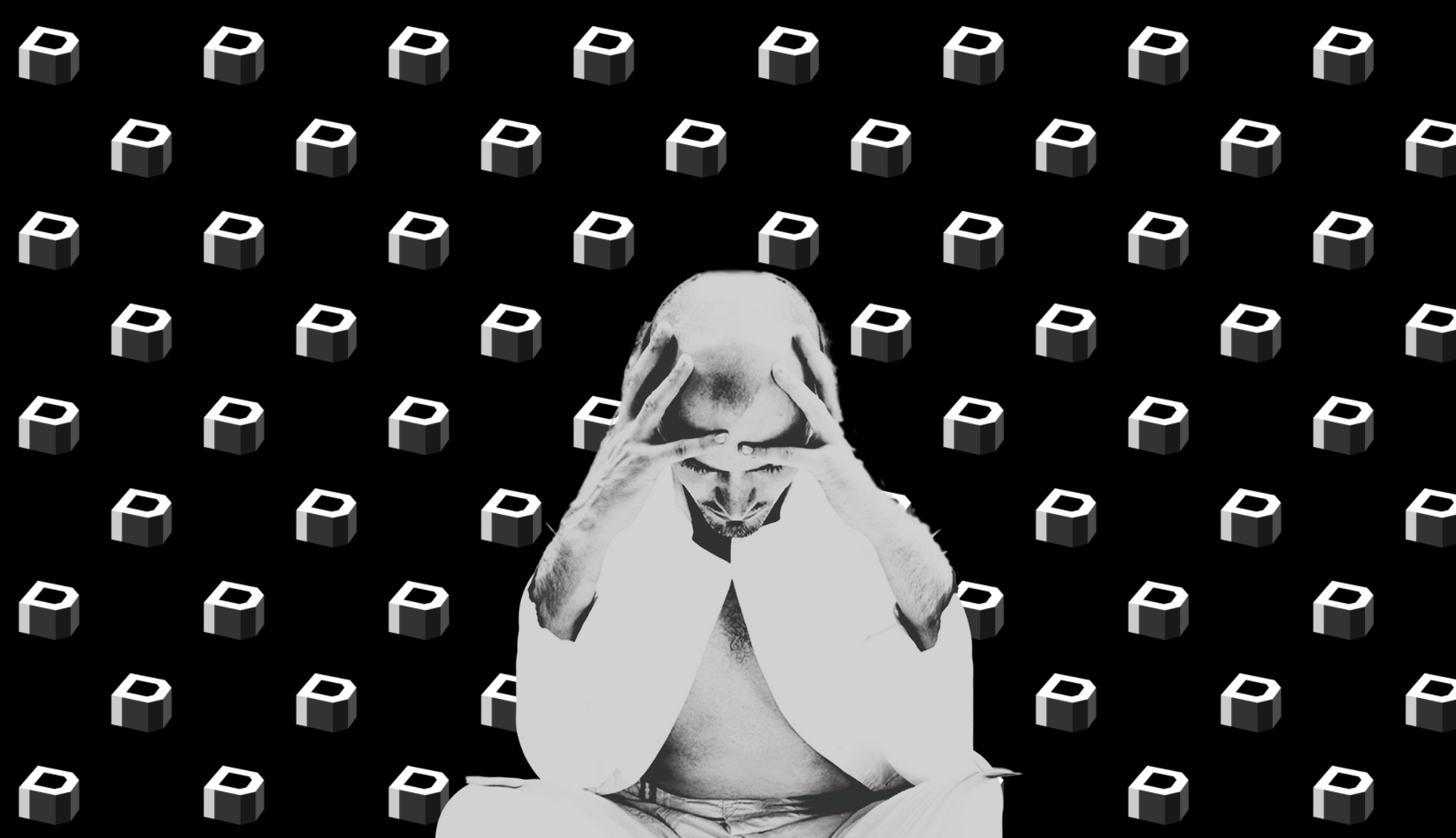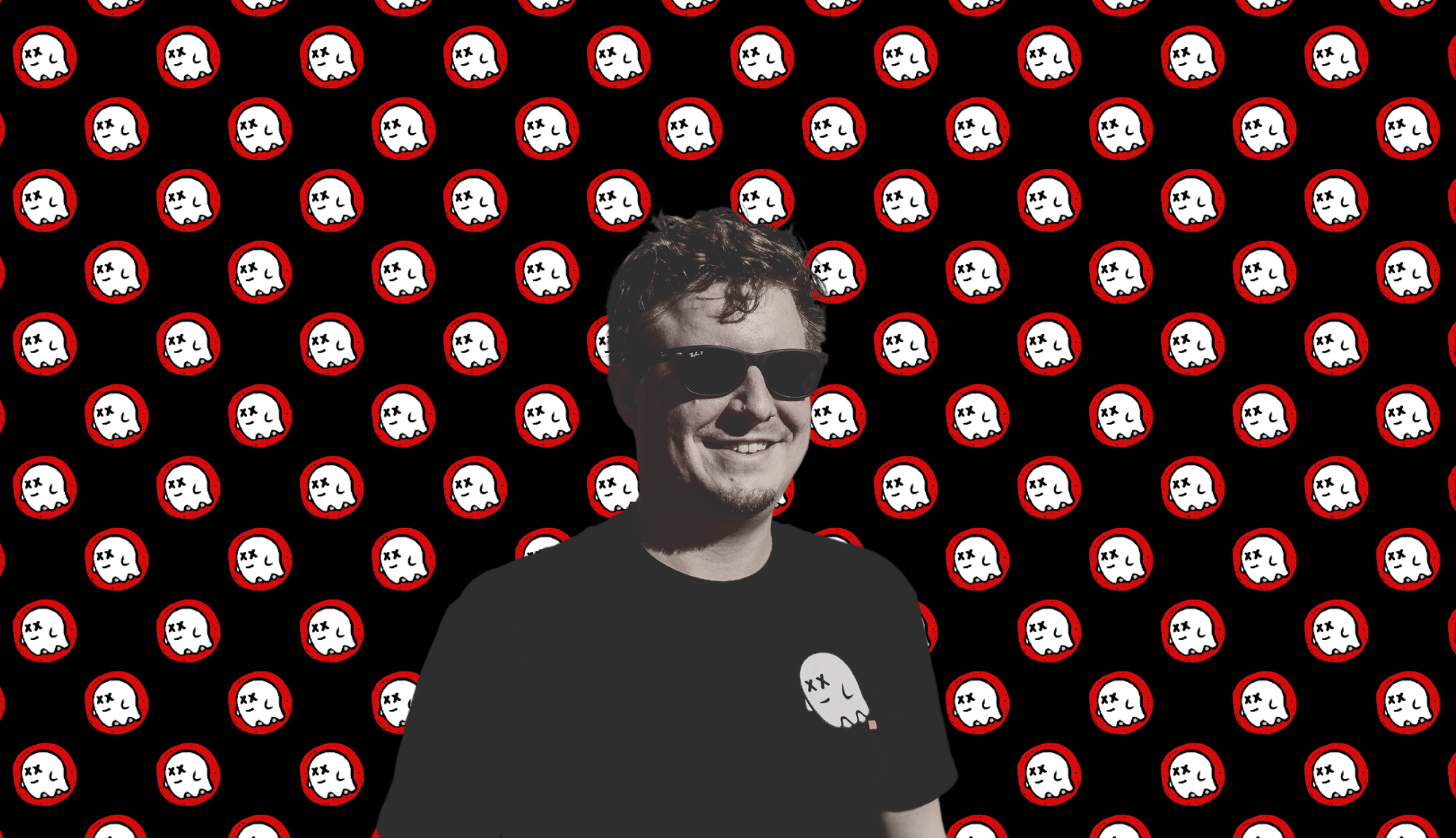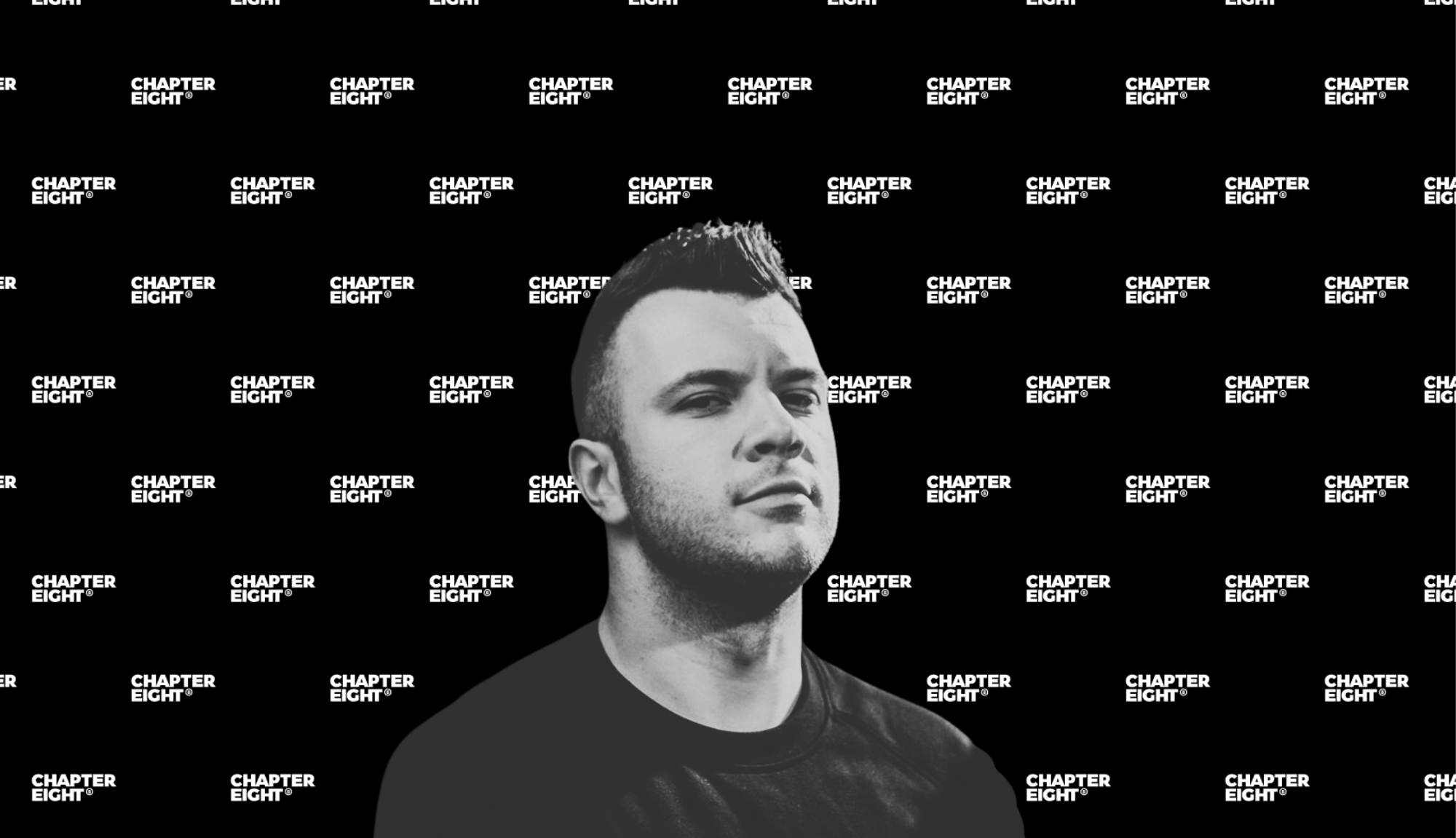Interview: Paul Hazendonk, Founder & Director @ Manual Music
 We're excited to chat to Paul Hazendonk, Founder & Director at Manual Music, as he shares insights from his journey in the music industry. From personal learnings, to top tips and professional insights, this a great read for both aspiring artists and anyone considering launching their own label alike.
We're excited to chat to Paul Hazendonk, Founder & Director at Manual Music, as he shares insights from his journey in the music industry. From personal learnings, to top tips and professional insights, this a great read for both aspiring artists and anyone considering launching their own label alike.
Interview with Paul Hazendonk:
Question: What initially drew you to the music industry and working at a record label?
Paul: I was already totally lost in music when I was a young kid, so I don't know what drew me towards it back then but it seemed inevitable that I'd at least try my luck with something music related.
Question: If you didn't work in the music industry, what would you do instead?
Paul: I have absolutely no idea. Something creative I guess.. I like to make abstract paintings for instance, but I have no idea if I could make a living of of that :)
Question: What's the best piece of advice you've ever received in your career?
Paul: To change my DJ name from DJ 4-Eyez to Paul Hazendonk (which is just my own name) haha!
Question: How do you handle the pressure and demands of the music industry while maintaining your own well-being?
Paul: Over the years I've learned to set up clear boundaries between work and my private life. When running your own company and actually with any hobby that becomes a job, it's so easy to get lost and put all your time, energy and resources into it. I definitely did so in the earlier stages, living and breathing music 24/7, doing everything to climb up that latter.
I'm still very much invested into my company of course. Getting to a certain point is one thing, but staying there is at least equally challenging and important. And whilst I'm still learning and improving, I do value my private time a whole lot more nowadays.
Question: Can you share a memorable or defining moment in your career that had a significant impact on you?
Paul: When I was 18 years old I got asked to come and work at Basic Beat. Quite a known record store in the centre of Rotterdam. It opened up lots of doors for me, and since Basic Beat was also putting out music via their record company, I learned an incredible lot in my years there.
Question: What's your ultimate guilty pleasure song?
Paul: Almost anything 90's euro dance.. It was my time growing up. Happy vibes, happy memories. I'm actually playing a silent disco regularly and playing these kinda songs for the fun of it.
Question: Who is an emerging artist you think people should be listening to?
Paul: We've now started to work with three guys from The Netherlands called Pilon. Real musicians, live vocals etc. I expect a lot from them in the future as they have the possibility to cross over.
Question: Is there a specific piece of advice you'd give yourself back when you first started in the industry?
Paul: Think about every step you make carefully as one wrong turn might be difficult to reverse. Image is very important, so think about how you want yourself- and your brand to be seen.
Question: If you could have any superpower, what would it be and why?
Paul: Unlimited health for myself as well the ability to give it to my loved ones.
Question: Can you share a mentor or role model who has had a significant influence on your career
Paul: I don't think it will be one single person to be honest. I'm pretty much someone that tries to find his own way and pick up pieces of advice here and there, and looking around me how others work. Just soaking up all the info and trying out what works for me and my company.
Question: What qualities do you look for in an artist when considering signing them to your label?
Paul: Quality music, a little bit of uniqueness, nice communication and someone who understands we're doing this together.
Question: Can you provide some guidance on the importance of networking and building industry connections?
Paul: It's key. Good example is attending ADE. I'm not doing a lot of meeting there, I just pop by at various smaller events, mixers, industry gatherings etc and have a chat. Before you know it someone else joins the chat and you get introduced to more and more people in a very natural way.
That works much better than these forced "I got something to sell" or "I want this and this from you" meetings which don't really work most of the time. I feel it's always better to build up a personal connection first.
Question: How important is an artist's image and branding in today's music industry?
Paul: More important than I'd wish it would be. I'm probably sounding like an old man when I say this, but very often it's image above music nowadays which really displeases me.
Question: How do you handle the delicate process of giving creative feedback to artists?
Paul: I actually very much believe in creative freedom. I know there are labels / A&R's out there who want music made according to a certain formula and give feedback like "I like the idea, but you should change this and that and this and this also". For me that hardly ever works. A song either resonates with me or it doesn't, and small feedback aside, that's just the way it is.
Question: What are the qualities you look for in an artist's demo or EP before considering signing them?
Paul: I sign music purely based on gut feel. It either does something for me, or it doesn't. That's my only criteria.
Question: How does LabelRadar help the music discovery process for you?
Paul: It's kinda like when you'd go to a record store to hunt for new vinyl to buy. At first you make a quick selection skipping through a track, and then you're going to listen more carefully to the ones that made it through the initial selection process. Love it as it's very intuitive and saves me a lot of time.
Question: Which artists have you signed from LabelRadar?
Paul: At least a couple of dozen over the past years.
Question: How has joining LabelRadar impacted your (or your team's) day to day?
Paul: I was getting absolutely mental with all demo submissions everywhere. They were sent to me to various email addresses, various Instagram inboxes, various Soundcloud inboxes, various Facebook inboxes etc. Then people were using all different formats to send demos as well; private Soundcloud links, Dropbox links, Wetransfer or Sendspace links, attachments etc.
Now it's very simple: you want to submit a demo: here is the LabelRadar link. Send it anywhere else: it won't be checked. Harsh, but the only way I can commit to listening to everything.
Thanks Paul, great talking to you!
If you don’t already have a LabelRadar account, you can sign up here.
Share this
You May Also Like
These Related Stories

Interview: Miles Dyson, CEO @ Plasmapool

Interview: Taylor Cohn, Co-Founder @ Seshling Records
